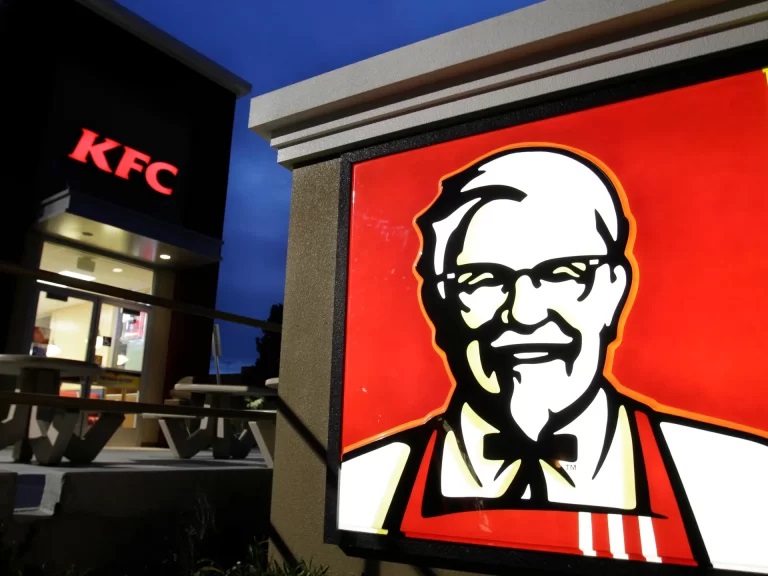Resilient Transformation: Oman’s Response to the Boycott Movement Post-Gaza War

Watan-After the Gaza war, the Omani market witnessed a significant transformation due to the boycott of Israeli products, which turned into a resilient movement, according to the description of the British Middle East Eye website.
The site explained that there is a general climate against anything Western or supportive of the occupation, and even Western freedoms and democracy are viewed as hypocritical, with little interest in Western ideas and emulation.
The report stated that the boycott movement, responded to by Omanis, dealt a major blow to goods that were popular in the Arab and Islamic world.
From spontaneous movement to habitual behavior The boycott began as an unorganized spontaneous movement early in the Gaza war, and most Omanis are engaged in this movement.
Middle East Eye explained that “there is a shift in the market, in every consumer product in daily life… Even Omani brands have greatly benefited as alternatives from the boycott.”

McDonald’s branch in the Sultanate of Oman
Empty McDonald‘s branch in the Sultanate of Oman from customers In various markets and places, the absence of famous American brands such as Coca-Cola and Pepsi is replaced with local alternatives.
Many Omanis are concerned with verifying the origin of the product before purchasing and do not buy products they believe to be American.
Alternative local products
Among the prominent alternative products in the Sultanate of Oman:
The “Kinza” drink, owned by a Saudi company, which replaced Pepsi and Coca-Cola beverages.
American chocolate bearing the Hershey brand has been replaced by many Jordanian and Emirati brands.
Local cafes have replaced Starbucks, which has confirmed a significant negative impact on its profits and operations due to the boycott.
Middle East Eye says there are no signs of the boycott movement slowing down or ending in Oman, or the possibility of it ending before the end of the war on Gaza.
Until then, the transformation in the Middle Eastern market may not return to what it was before the war, according to the British website.






